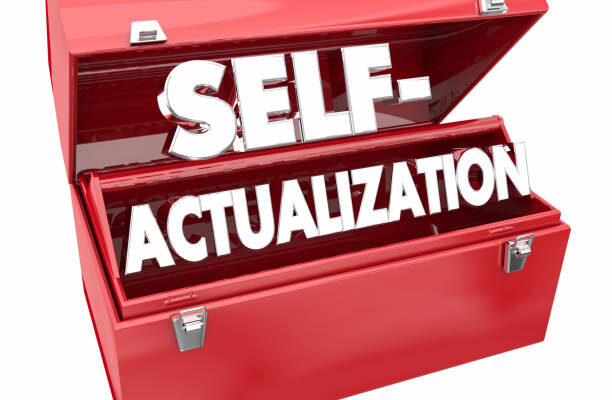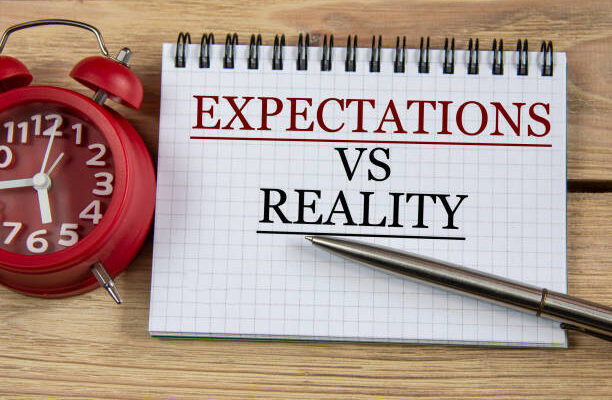Is Money an Issue To You, How Does It influence Your Emotions and Behaviors?
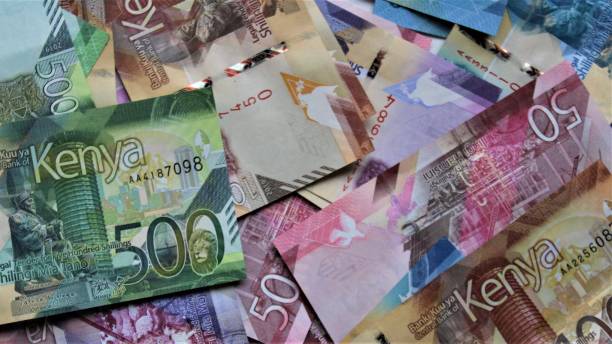
How do you feel when you have or don’t have money? Does money affect your emotions and behaviors? Are you angsty and irritable when you lack or happy and excited when you have? Do you experience ‘moneymotions’? Let us go deeper and find out how money affects your emotions and behaviors.
MONEY

Istock photos
Money is a medium of exchange that allows you to buy or obtain goods or services. It is, therefore, accepted as a payment or a trade-off for goods and services.
Money gives you the power to purchase on a need basis. Due to its nature to solve problems, money will affect your emotions and behaviors.
BENEFITS OF MONEY
- Gives purchasing power – It allows you to purchase things you need or want.
- Comfort – By purchasing what you need, you can live more comfortably.
- Security – Money assures you that you can keep or regularly replenish what you already have without giving it up. For instance, by being able to afford your rent, you have the security that you have a roof over your head.
- Convenience – Money enables you to get things done by paying for your needs. For example, if you need to do a project and have enough money, you can outsource some services to save time, thus allowing you to focus your energy on things you feel are more important.
- It is a store of value – Money allows you to keep wealth safe for future use or investment. It comes in handy for a later desired time.
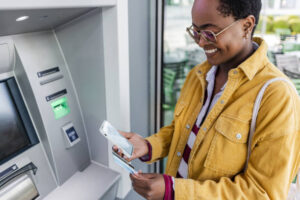
Istock photos
What other benefits of money do you know of?
MONEY AND HIERARCHY OF NEEDS
In my article on the hierarchy of needs, you delve in-depth into how they are in order.
- Basic needs – Food, Shelter, and Clothing
- Security needs – They ensure that you can meet your daily needs, for example, your job
- Love and Belonging – Family, companionship, friends, community, and social life
- Self-Esteem – The value you accord yourself
- Self-Actualization – Living to your fullest potential.
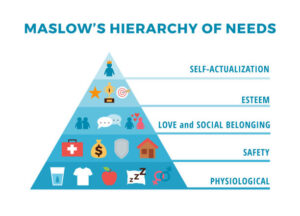
Getty Images
As you carefully examine them, you discover that money feeds directly into your basic and security needs. Money has little influence on your self-esteem unless you have low self-esteem and need to work on it. In that case, you use finances to mask that.
You need money to take care of your basic needs. To eat, to have a roof over your head, and to have clothing on your back. You also need money to meet these needs regularly because such needs are recurring.
You cannot underestimate the power of money in life because, as you can see, it affects 40% of your life needs. In this case, we have to agree that money affects your emotions and behaviors one way or the other. Inversely, you cannot overestimate the power of money, as 60% of what you need is not dependent on your purchasing power.
HOW MONEY AFFECTS YOUR EMOTIONS AND BEHAVIORS
-
Causes/Reduces anxiety
Lacking money causes anxiety because you constantly have to wonder where you will get cash for sustenance. Not being able to meet your daily needs and having no security, that is, knowing how you will meet the recurring needs tomorrow, causes high stress and anxiety.
These worries escalate and will impact how you behave towards others depending on your lack of or abundance of them. When you handle your basic needs and are secure that you have a place to get your daily bread, you get peace of mind for some time or until a need arises.
You cannot ignore that you handle this differently because of your lifestyle. Someone living in a slum may view a smartphone as a luxury, while a middle-class person may view it as a necessity. Either way, you must meet some needs in either case and not meeting them causes stress levels to rise and vice versa.
-
Happiness/Unhappiness

Getty Images
-
Anger
You know that anger, moodiness, and negative energy that comes when someone asks you for money, and you don’t have it. It’s like others have poked a bear. That anger is just a presenting issue of a fear of the unknown, especially when you don’t know where to get your bread or source of income.
It may be justifiable and understandable notwithstanding, but it is not right to dump your anger on other people. That is one way of emotional racketeering, dealing with opposite feelings. Instead of processing and naming the actual it, you lash out and express it differently. In this case, you use anger as a weapon instead of saying that you fear and are anxious because you cannot meet your daily security needs.
-
Generosity
For some people, money brings out the generosity in them. When you have it, you desire to share and give to others. You get self-actualization from sharing what you value so you can benefit others.
You may feed off the high you get when everyone calls you “kiongos, mkubwa” (chairman) because of what you give or buy for others. That makes you even more generous, but probably with the wrong motive. Not necessarily for the benefit of others but because you want to feed off the high you get when others praise you.

Istock Photos
Inversely, a lack of money can also make you generous. It seems ironic because it does not make sense for someone whose needs aren’t met but still share with others. However, in some cases, someone who knows what it means to lack money may be open to sharing with others because they understand the stress, anxiety, and joy it gives another person.
You can also be motivated by others being kind to you during a tough season, so you want to do the same for another person to extend the same generosity given to you by another.
-
Stinginess/Holding on tight
Just like generosity, a lack of or abundance of money can make you stingy and hold on too tight. Due to a lack of financial security, you can hold on tightly for fear of losing what you have and not knowing where you will get your bread tomorrow.
The same can happen when you have abundance. Maybe you are coming from a place of lack, so you hold on, worried you will lose what you have any time. In other cases, you begin to hold on tightly because you may feel like you worked hard for what you earned, so others should work for their dues, too.
-
Pride
People say that when you have money, you see your character. Is there truth to this? Please let us know in the comments.
Pride can come from knowing it all, knowing better than others, not welcoming other people’s opinions and thoughts, treating people with classism based on their purchasing power compared to yours, etc.
Where does this come from? Maybe you got the same treatment when you lacked; you were a people-pleaser, and now you do not have to pretend. You now have the means to do what you want.
People around you are always at your beck and call because you can pay for the services you want, which is one of the perks of having money, as you have seen above – convenience.
-
Affects how you view relationships or value people
With an abundance of money, you think that everyone wants your money. There is some truth that not everyone wants the best for you, and others form relationships with you because of your money, but that is not always the case. Abundance could cloud your judgment, and you would miss quality relationships for the wrong reasons.
You would overlook things like good character because someone else doesn’t have what you have. The same can happen because of lack. You constantly tell others about your problems, expecting them to solve them or help you, as though it is their responsibility to do that every time. You end up having friendships of convenience only when in need.

Getty Images
In other cases, money or lack of it would impact how you relate with even your children. Maybe you struggle to make ends meet, so you start seeing your loved ones as expenses.
For instance, you are the breadwinner of your family, so when your wife or kids want to spend quality time with you, all you are thinking about is, “These people want to keep spending more of your money.” They stop becoming family, and they become negatives in your budget. Enjoying company with them comes at the expense of your pocket.
What money behaviors do you have? And why is that the case?
Finally

Istock Photos
To conclude, checking your behavior and what motivates you is paramount as it determines how you interact with money. As you examine how money affects your emotions and behaviors, that determines if your relationship with money is healthy or unhealthy.
As you examine the real motivation and discover that the underlying emotions and behaviors are related to fear of lack, poverty mentality, low self-esteem, racket feelings (opposite feelings), mistrust, and any other you have noted, you need to seek therapy.
Money is valuable for our daily bread, but it shouldn’t surpass all other things like relationships that are very important.
Are you overly self-conscious?
Writer,
Sheila K. Muli
Email: toolwellnesshub@gmail.com


